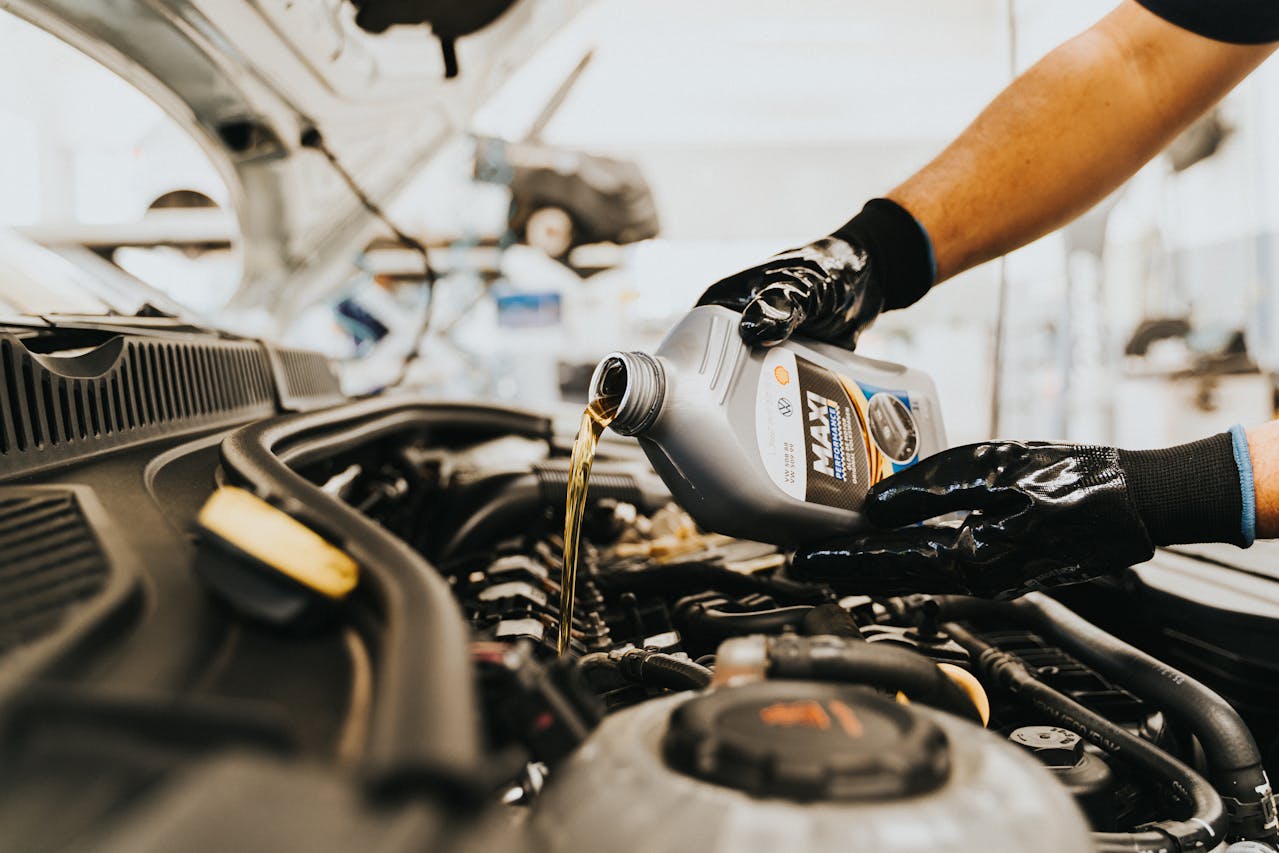The engine, the centerpiece of any vehicle, requires meticulous attention and care for optimal performance and longevity. Among the various aspects of vehicle maintenance, regular oil changes often don’t get the attention they deserve. However, disregarding this basic task can lead to many problems that affect your car’s performance and its resale value and durability. This article elaborates on the significance of regular oil changes, the dangers of neglecting this practice, and the long-term advantages of keeping your engine well-lubricated and clean.
The Multifaceted Role of Engine Oil
Engine oil is more than just a lubricant for the internal components of your engine. It reduces friction, cools engine parts, and facilitates the vehicle’s smooth operation. Fresh and clean oil optimizes engine performance, making your rides smoother and more enjoyable.
If you were to consider a new Lincoln for sale, the engine’s long-term performance would undoubtedly be a significant factor in your decision. Regular oil changes are key to ensuring that a car lives up to its potential. By keeping the engine oil clean and fresh, you enhance the vehicle’s performance and contribute to extending its life.
Hazards of Overlooking Regular Oil Changes
Neglecting to change your vehicle’s oil regularly can result in complications. For starters, old and dirty oil increases friction between engine components, causing them to wear out more quickly than they should. This premature wear and tear can lead to a decrease in engine efficiency. They may eventually require costly repairs or even a complete engine replacement.
Moreover, worn-out oil is less effective in cooling the engine, leading to overheating and potential damage. The deterioration of old oil also encourages the buildup of sludge, which can further reduce the engine’s efficiency and contribute to various problems, such as clogging the oil filter and reducing the oil flow.
Economical Upsides of Routine Oil Changes
While it might appear as an added expense, the cost of regular oil changes is relatively minor compared to the long-term savings it provides. Regular oil changes extend the life of your engine, thereby preventing the enormous costs associated with engine repair or replacement.
Additionally, a well-maintained engine runs more efficiently, contributing to improved fuel economy. Over time, the money saved on fuel can be substantial, effectively compensating for the cost of the oil changes. Thus, what might seem like a minor maintenance task is an investment in your vehicle’s long-term performance and value.
Environmental Benefits of Regular Oil Changes
An often overlooked benefit of regular oil changes is their positive impact on the environment. A well-maintained engine not only performs better but also emits fewer pollutants. Old and dirty oil can lead to incomplete combustion, releasing more harmful emissions into the atmosphere. By changing the oil regularly, you are also playing a small but significant part in reducing air pollution and contributing to a cleaner environment.
Don’t Overlook This Important Maintenance Procedure
The practice of regular oil changes encompasses more than the simple act of replacing old oil with new. Its implications are far-reaching, affecting everything from the efficiency and durability of your engine to the financial and environmental aspects of vehicle ownership.




